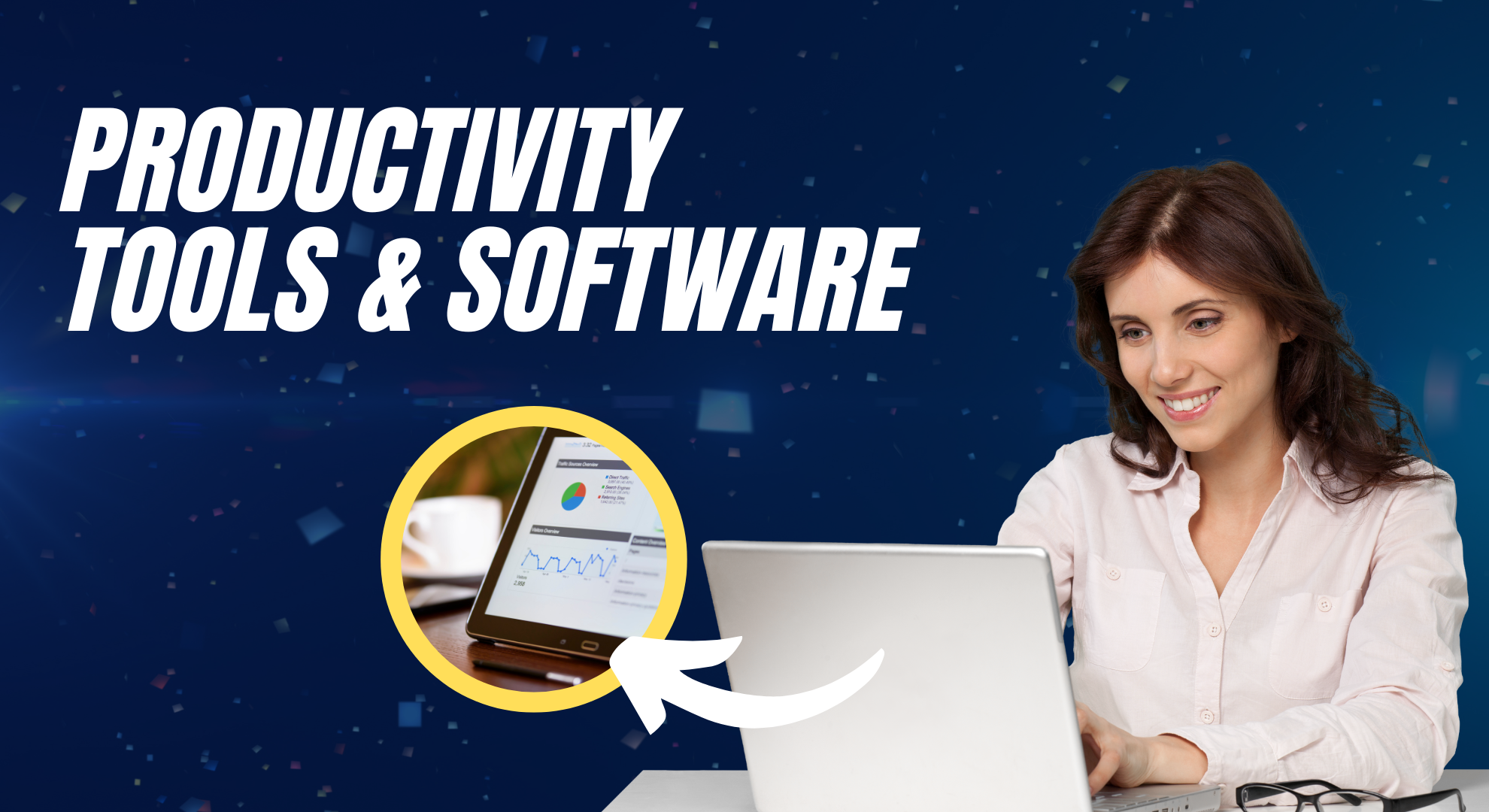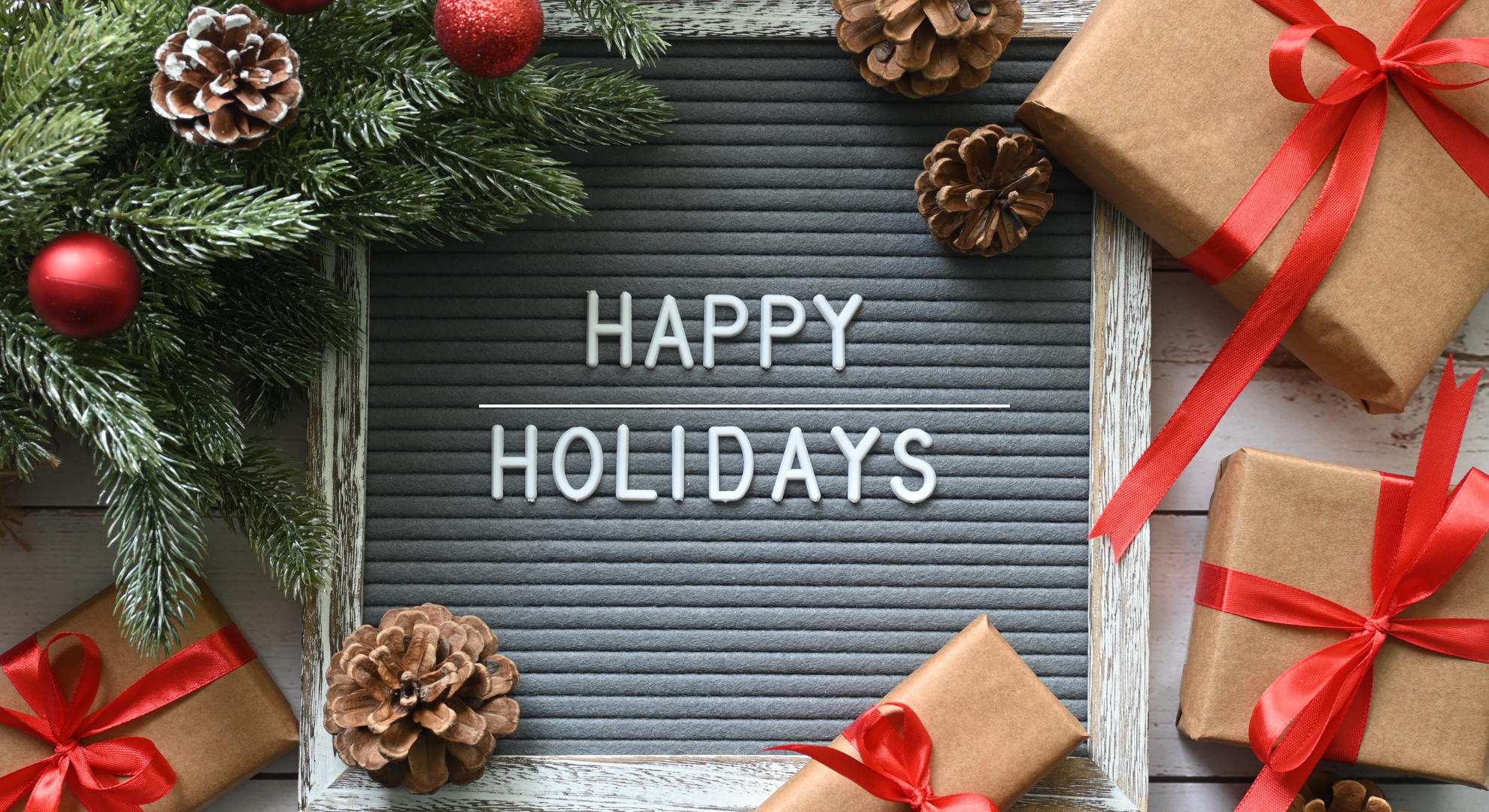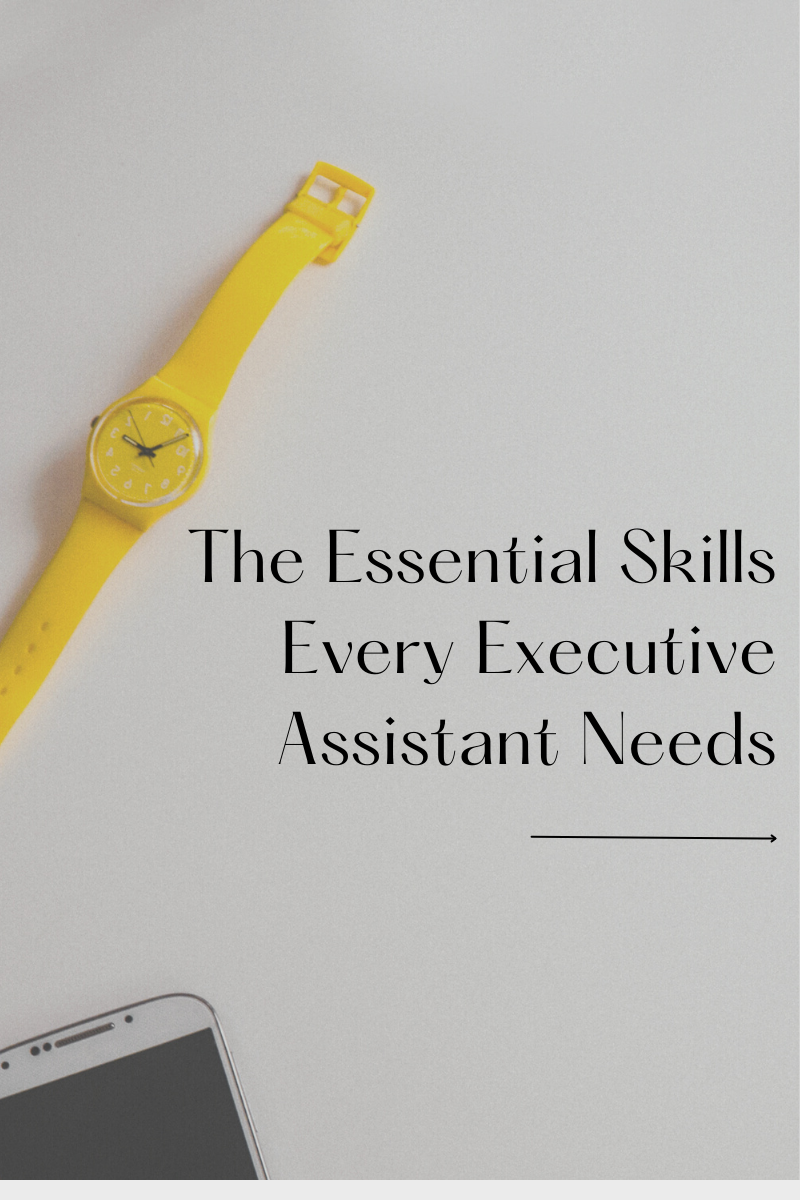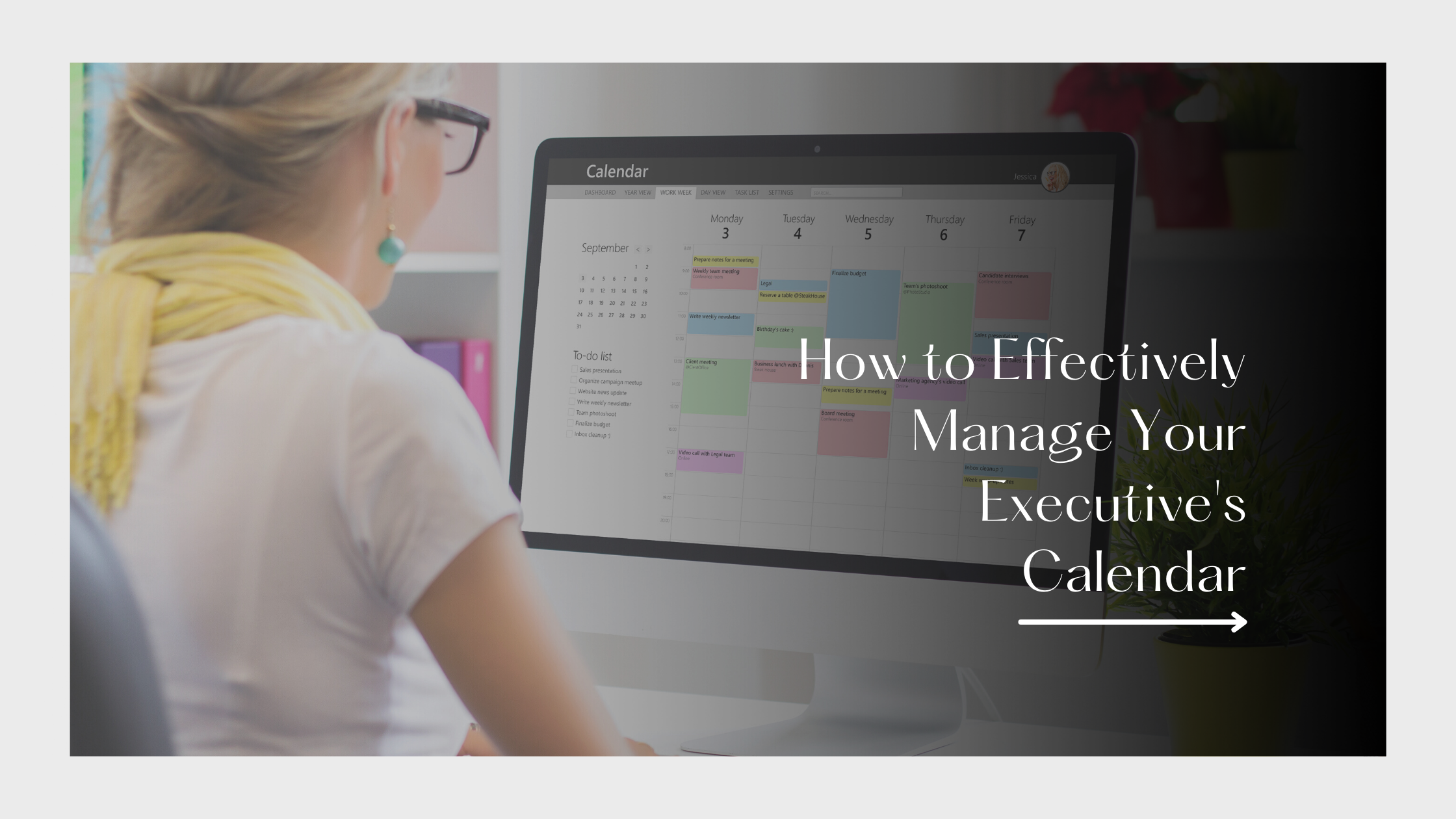In the dynamic world of administrative work, event coordination stands out as a particularly challenging yet rewarding arena. It’s not just about booking a room and sending out invites; it’s about creating experiences, fostering relationships, and often, juggling a tight budget and timeline. This comprehensive guide is designed to arm administrative professionals with effective strategies and insider tips to elevate their event coordination skills.
Understanding the Scope of Event Planning
Imagine this: one day you’re planning an intimate executive retreat, the next, a large-scale international conference. The scope of event planning in an administrative role can be vast and varied. The key to success? Understanding not just the ‘what’ and ‘where’, but the ‘who’ and ‘why’. Who is your audience? Why is this event happening? Grasping the event’s core objectives and knowing the audience intimately can turn a good event into a great one.
Key Strategies for Successful Event Planning
Budget Management
Money talks in the world of event planning. Here’s how to make every dollar shout out value:
- Early Booking Bonanza: It’s simple – the early bird catches the worm. Securing venues and suppliers well in advance often unlocks discounts and better terms.
- Itemized Budgeting: Ever heard the saying, “A place for everything and everything in its place”? This applies brilliantly to budgeting. Categorize your budget in detail – from catering to tech support – to avoid the dreaded budget blowout.
- Comparative Analysis: Why settle for the first quote? Get multiple quotes, compare, and negotiate. Sometimes, letting vendors know they’re in competition can lead to better pricing.
- Plan for Rainy Days: Always set aside a portion of your budget for those ‘just in case’ moments. Trust me, they happen more often than you’d think.
- Cost-Sharing Partnerships: Think sponsorships or collaborations with other departments or companies. It’s a win-win – shared costs and enhanced networking opportunities.
Vendor Relations
Your vendors are more than suppliers; they’re your event partners. Here’s how to make these relationships count:
- Consistent Communication: Keep in touch regularly, not just when you need something. A simple ‘how are things?’ can go a long way.
- Constructive Feedback: After an event, debrief with your vendors. Share what worked and what could be improved. It’s a two-way street.
- Build for the Future: When you find good vendors, stick with them. Over time, this loyalty can lead to better service, reliability, and even discounts.
- Network Like a Pro: Industry events are goldmines for meeting new vendors and nurturing existing relationships. Plus, they’re often a lot of fun!
- Smart Negotiations: Contracts can be daunting, but understanding and negotiating terms can ensure a fair deal for both parties.
Technology Utilization
In today’s world, technology is your best friend in event planning. Here’s what to look for:
- Project Management Tools (Asana, Trello): Keep your team on track with tasks and deadlines. It’s like having a virtual project manager.
- Event Management Software (Eventbrite, Cvent): These platforms streamline everything from invitations to ticket sales, attendee tracking, and check-ins.
- Financial Tools (QuickBooks, Mint): Budget tracking becomes a breeze, and you can generate financial reports in a snap.
- Communication Tools (Slack, Zoom): Whether it’s quick messages or full-scale virtual meetings, these tools keep everyone connected.
- Digital Marketing (Mailchimp, Hootsuite): Promote your event like a pro. These tools help you reach your audience effectively and track engagement.
Overcoming Common Challenges
No event ever goes 100% to plan. The key is adaptability. Whether it’s a last-minute venue change or a keynote speaker dropping out, staying calm, thinking on your feet, and having a solid Plan B (and C) is crucial.
Post-Event Analysis
After the applause dies down, it’s time for some introspection. Gather feedback, crunch data, and reflect on what went well and what could be improved. This post-mortem analysis is invaluable for honing your skills for future events.
Mastering event coordination is a journey, not a destination. With these strategies in your toolkit, you’re well on your way to becoming an event planning superstar. Remember, every event is a learning opportunity, a chance to innovate, and a platform to showcase your exceptional organizational prowess.



